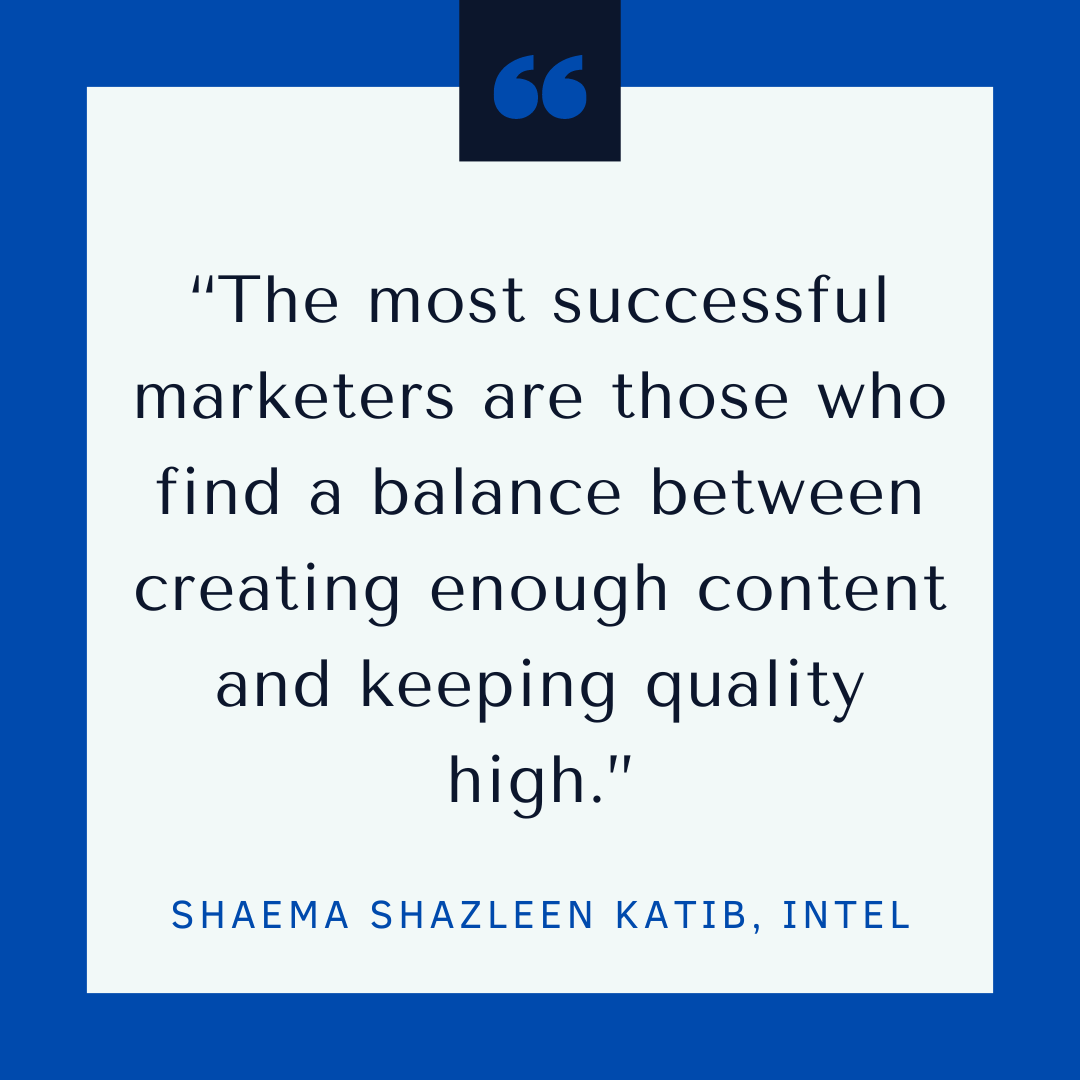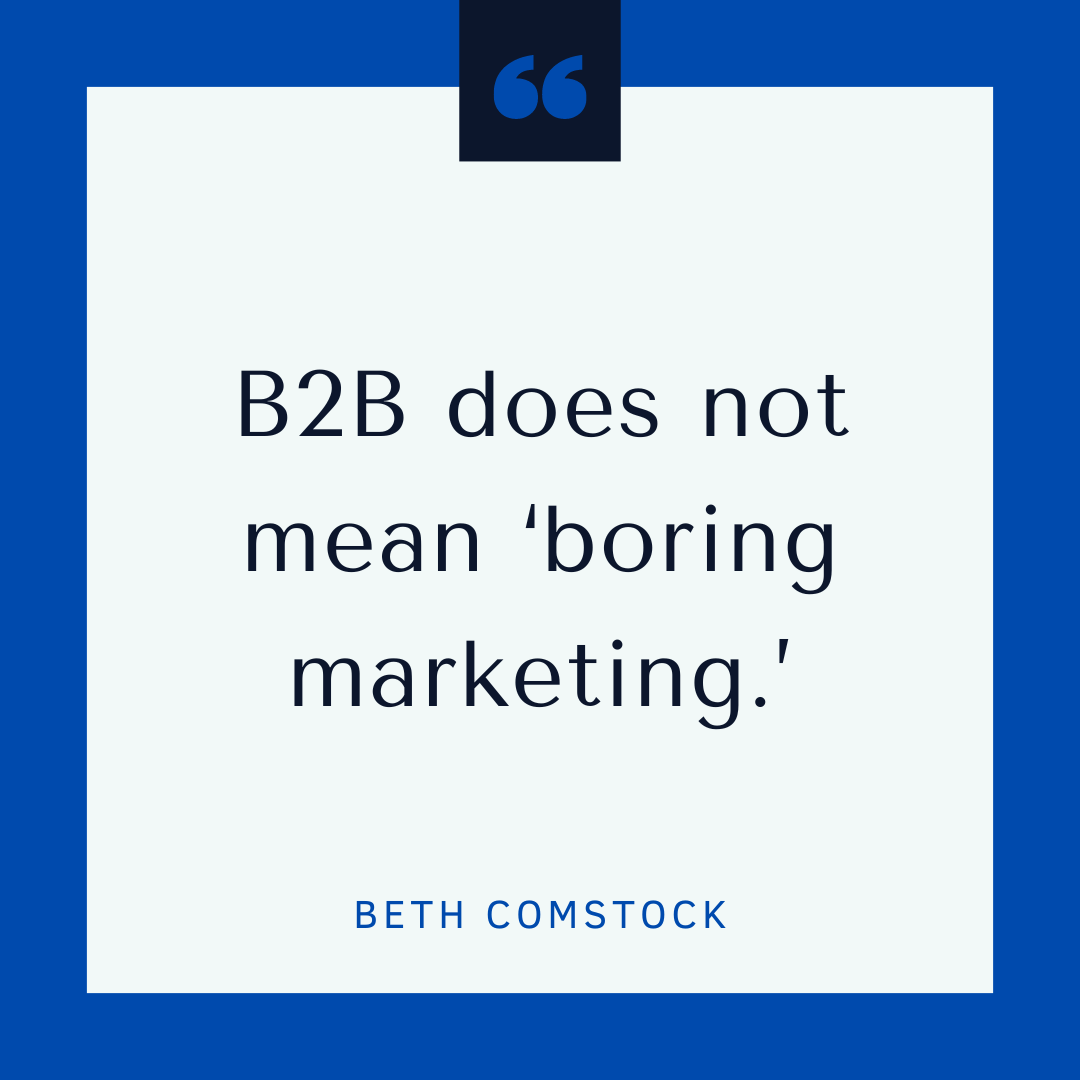As professional B2B proofreaders, we see lots of documents and lots of mistakes. Here are some words and phrases that we often see misspelled or misused.
1. Whoa
A word becoming more common in B2B newsletters is whoa. Maybe it’s a reaction to tariff news. Maybe it’s used to tell your politicking friends to chill. Maybe it’s just a simple imperative. We see it misspelled woah all too often. Whoa! Don’t do that!
2. Canceled
How about the past tense of cancel? It’s got only ONE l. That is, unless you’re British…or Canadian…or Australian. Sure, you’ve seen all those TV news clips when planes are backed up and the air traffic boards have Cancelled all over them. But please gag when you see that and drop a note to the FAA. It’s canceled!












